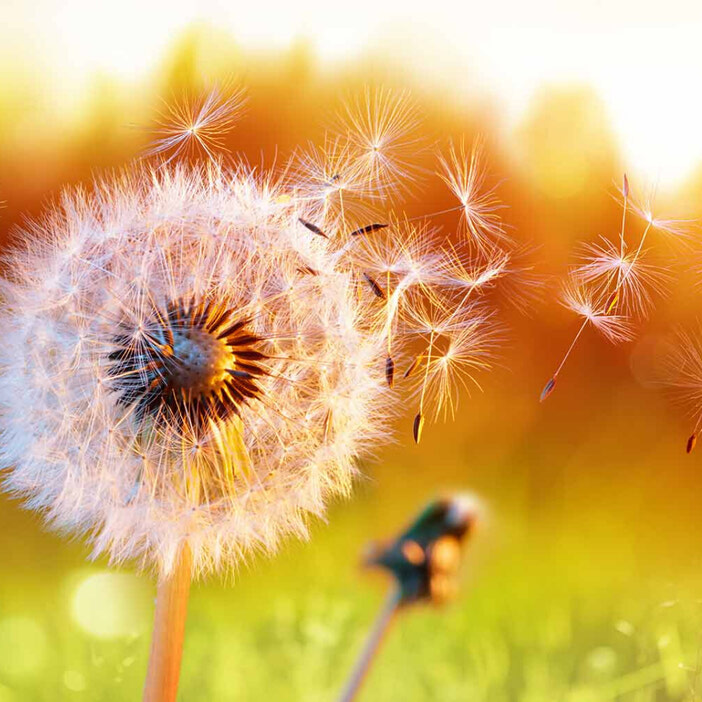Depending on where you live and what triggers your allergies, allergy season can be frustrating and difficult to deal with. No matter what causes your allergies, there are also ways to prepare and handle this season before it approaches. We’re here to help you learn more about common allergies and show you some steps towards making them better!
Allergy Symptoms
Most seasonal allergies have similar symptoms. These include:
- Stuffy/runny nose
- Itchy eyes
- Sneezing
- Scratchy throat
Common Outdoor Allergies
There are different sources of both indoor and outdoor allergies. The most common outdoor allergies are caused by:
- Weed pollens (most common during the summer and fall)
- Grass pollens (most common in the summer)
- Tree pollens (most common in the spring)
- Mold (most common in the spring)
The Peak of Allergy Season
The severity of your allergies depends on where you live and what you’re allergic to. Evening allergies, due to tree and grass pollens, peak during the spring and summer. Morning allergies, due to weed pollen, peak during the late summer and early fall.
How to Prepare Yourself
The best way to make allergy season the best it can be is to prepare ahead of time for it! Here are some simple ways you can do so:
- Clean up: Spring cleaning isn’t just good for the mind, it’s also a huge help when seasonal allergies come around. You can use other things like air purifiers to make managing allergies easier. Cleaning off your air conditioning vents and ceiling fans can also prevent the spread of pollen in the air.
- Shut your windows: Keeping your windows shut at certain times of the day helps keep pollen out. If your allergies are the worst in the morning, keep your windows closed until later.
- Stock up on allergy meds: Professionals recommend starting to take allergy medicine before allergy season even starts, possibly two weeks ahead of time. Visit your pharmacy before allergies hit so you’re ready.
- Use your medicines correctly: This might be common sense, but if you’re using your medicine incorrectly you won’t be getting the full benefits. Read the label and know when and how often you’re supposed to be taking the medicine.
- Talk to your healthcare provider: If managing your allergies is a struggle, getting direction from a professional might be your best bet.
Allergy season might be frustrating, but we hope these tips will make it a little better and more manageable. For all things respiratory-related, visit our website or contact us with any questions. Happy allergy season!

